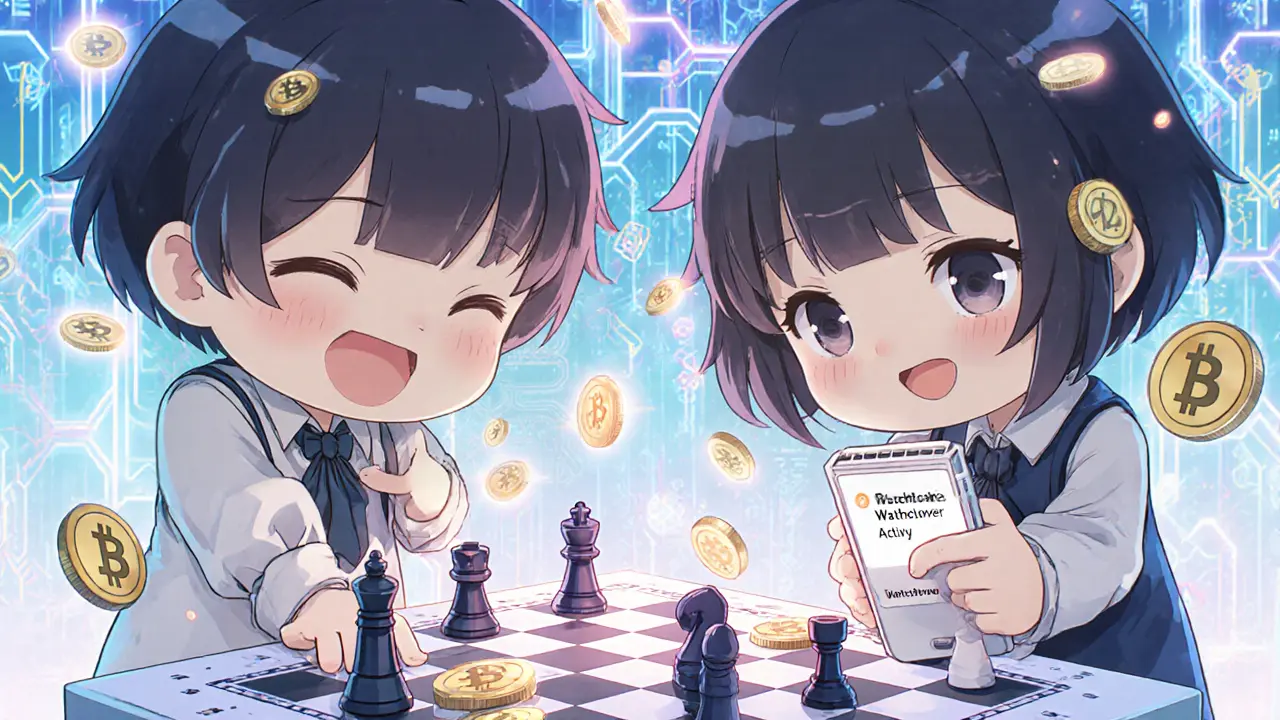Raiden Network: What It Is and How It Solves Ethereum’s Speed Problem
When you send ETH or ERC-20 tokens on Ethereum, you wait. Sometimes minutes. Sometimes hours. And you pay for it—every time. That’s where the Raiden Network, a layer-2 scaling solution built to make Ethereum payments instant and cheap by moving transactions off-chain. Also known as Raiden, it’s not a new blockchain. It’s a network of payment channels that lets users transact directly with each other, without broadcasting every single swap to Ethereum’s main chain. Think of it like a private ledger between two people who trade often. They open a channel, exchange funds back and forth, then settle the final balance on Ethereum once. No gas fees for each transfer. No waiting. Just speed.
Raiden Network relies on payment channels, bidirectional channels that allow multiple off-chain transactions between two parties before settling on the main blockchain. This isn’t magic—it’s cryptography. Both parties lock up funds in a smart contract, sign each transaction, and only the final one gets recorded. If one party tries to cheat, the other can prove fraud using signed state updates. It’s the same tech behind Bitcoin’s Lightning Network, but built for Ethereum and smart contracts. That means you can use Raiden for DeFi swaps, token payments, even microtransactions in dApps—all without clogging up Ethereum.
But Raiden isn’t just theory. It’s been tested in real use cases: token swaps between wallets, gaming micropayments, and even early versions of decentralized marketplaces. While adoption slowed after 2020 as other scaling solutions like Optimism and Arbitrum rose, Raiden still powers niche tools that need ultra-fast, low-cost transfers. You won’t find it on Coinbase or MetaMask by default, but if you’re building or using a dApp that needs 100 transactions a second for pennies, Raiden is still one of the few options that can do it without breaking the bank.
What you’ll find in the posts below isn’t a tutorial on setting up Raiden. There are no step-by-step guides to installing nodes or opening channels. Instead, you’ll see real-world context: how Raiden fits into the bigger picture of blockchain scalability, why it faded from mainstream attention, and which projects still rely on it today. You’ll also see how its ideas live on in other tools—because even if Raiden itself isn’t everywhere, the concept of off-chain payments is now standard in Web3.

